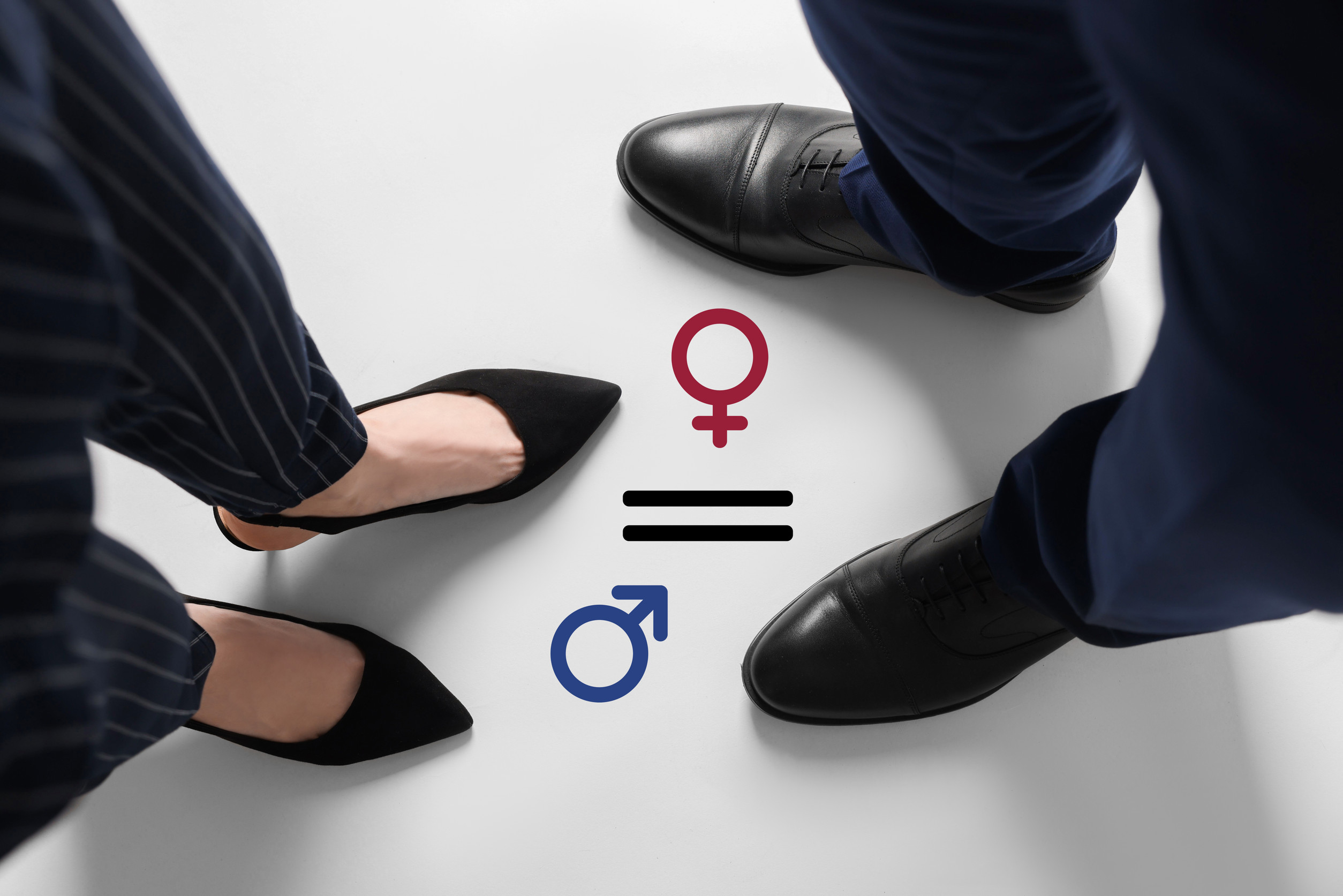Australians back gender equality, but perception gaps persist in the workplace
- Josephine Tan
- Topics: Australia, Compliance, DE&I, Home Page - News, News

Despite overwhelming support for gender equality in principle, many Australians continue to underestimate the barriers women face in everyday life and at work, according to Gender Compass, a new research initiative by Plan International Australia.
The national study surveyed over 2,000 Australians aged 16 and above, revealing that while 90% believe gender equality is important and 80% agree it benefits everyone, nearly half (47%) think women are already treated fairly and have the same opportunities as men.
These findings point to a disconnect between public perception and lived experience, particularly in professional environments where disparities in pay, leadership representation, and workplace discrimination remain entrenched.
Susanne Legena, CEO of Plan International Australia, warned that such misconceptions risk slowing progress. She said, “While 60% of people believe we are close to or have already achieved gender equality, real-world data on the gender pay gap, workplace discrimination and underrepresentation of women in leadership tell a different story.”
“The fact that 50% of Australians believe women are treated fairly in most areas of life ignores persistent challenges such as unpaid labour disparities, gender-based violence on our streets and in our homes and systemic barriers in career advancement.”
Gender Compass goes beyond surface-level statistics, segmenting respondents into six attitudinal groups—from Trailblazers who actively support gender equality, to Rejectors who oppose it, and a sizeable moveable middle who are open but not yet fully engaged.
Significantly, 75% of respondents said they are willing to discuss gender equality at work—an encouraging signal for organisations striving to foster inclusive cultures. However, the research also reveals fault lines in the national conversation: 30% of Australians believe there is a “war on men”, and only 58% support equal rights for transgender and non-binary individuals.
READ MORE: DE&I in Asia-Pacific: Will US policy rollbacks reshape workplaces?
“We now find ourselves at a pivotal moment in time, where backlash against gender equality, cuts to global aid, escalating humanitarian crises, and political and economic instability are rolling back decades of hard-won progress,” Legena said. “In Australia, we’re seeing rising rhetoric against diversity, equity, and inclusion policies and a growing resistance to the notion of gender equality as a fundamental human right. That is why we must continue to push forward towards a gender equal future.”
To that end, Plan International Australia will launch a new messaging guide based on the Gender Compass findings, designed to help leaders and organisations speak more effectively about gender equality. Lead researcher Dr Rebecca Huntley noted that using relatable, values-based messaging can bridge divides and make the issue resonate across diverse audiences.
Dr Huntly said, “Phase Two of Gender Compass shows leaders and organisations how to energise the Trailblazers and avoid polarising the Rejectors. But it also, most critically, shows how we can engage the moveable middle and bring more people into the conversation about gender equality, despite the political and social challenges at the moment.”






